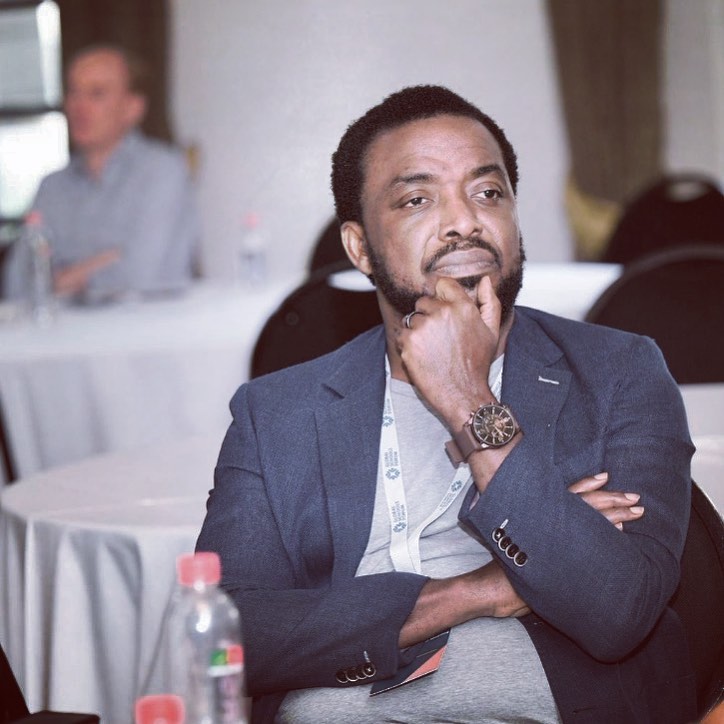As Liberia’s political parties gear up for the upcoming elections in October, it becomes imperative to critically examine the veracity of these images in reflecting the true nature of partisanship and support. Let’s explore the notion that “the camera is a liar,” as aptly suggested by Brother Fergus, a former professor at Marist International College in Nairobi, Kenya. By delving into the intricacies of photography and the multifaceted nature of political allegiance, we can gain a deeper understanding of the potential limitations of these images.
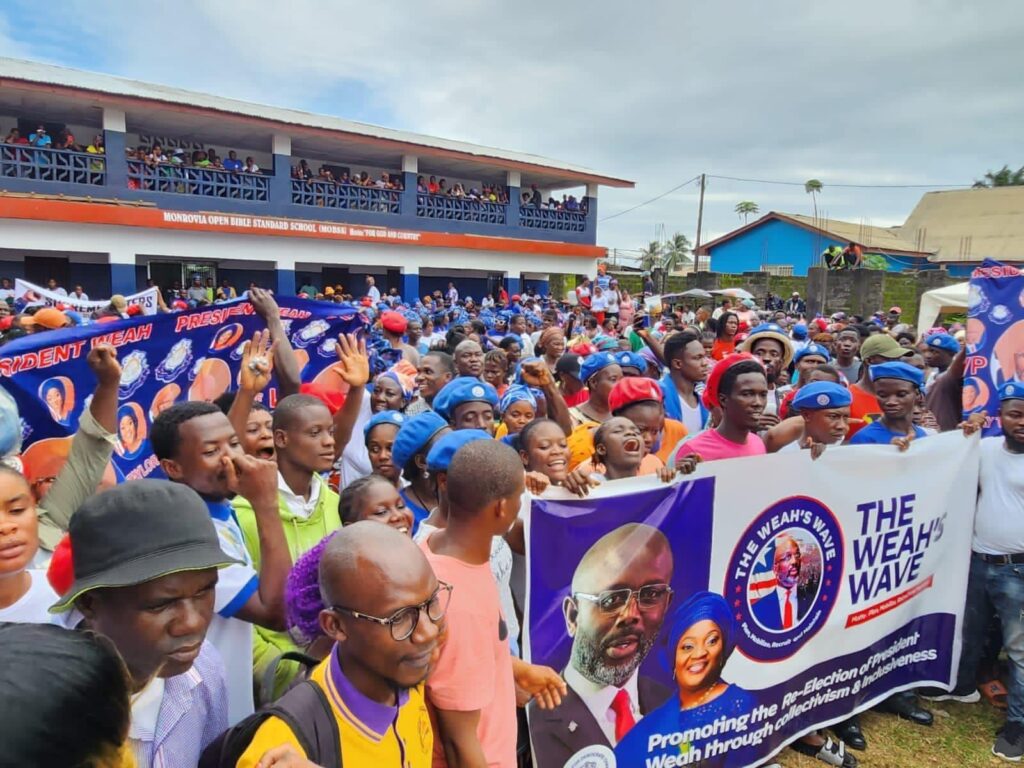
1. Subjectivity and Selectivity:
Photographs, by their very nature, are subjective representations of reality. They capture fleeting moments that may not encapsulate the full spectrum of political sentiment. The camera lens, operated by human photographers, inherently introduces a degree of selectivity. They choose the angles, frames and moments to capture, shaping the narrative presented to the viewer. Thus, photographs can inadvertently emphasize or downplay certain aspects, distorting the truth about supporters.
2. Performative Nature of Rallies:
Political rallies are often orchestrated events, meticulously planned to project a specific image of mass support. Attendees wear party colors, wave flags, and chant slogans, creating an atmosphere of fervor and unity. However, this spectacle does not necessarily reflect the true depth of individual commitment to a cause. The camera, by capturing these staged moments, can inadvertently magnify the appearance of support while failing to reveal the nuanced and diverse perspectives of individuals.
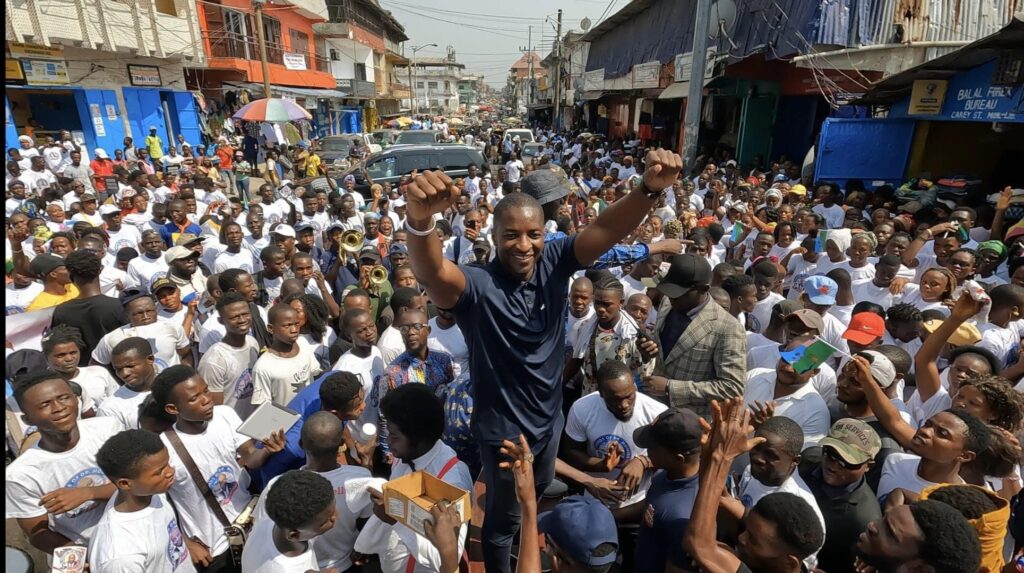
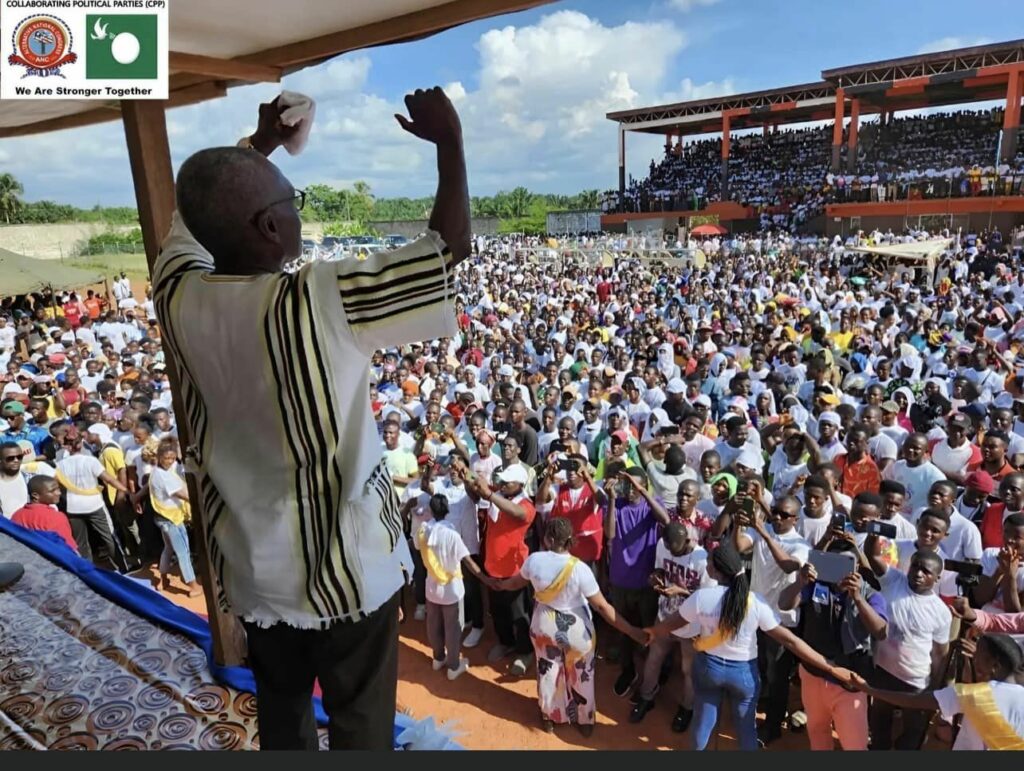
3. Silent Majority and Absence of Representation:
Photographs primarily capture visible actions and expressions, but they fail to account for the vast majority of individuals who may not actively participate in rallies. Those who remain silent or choose not to attend such events are often invisible in these images. Yet, their opinions and choices are equally significant in understanding the true landscape of political support
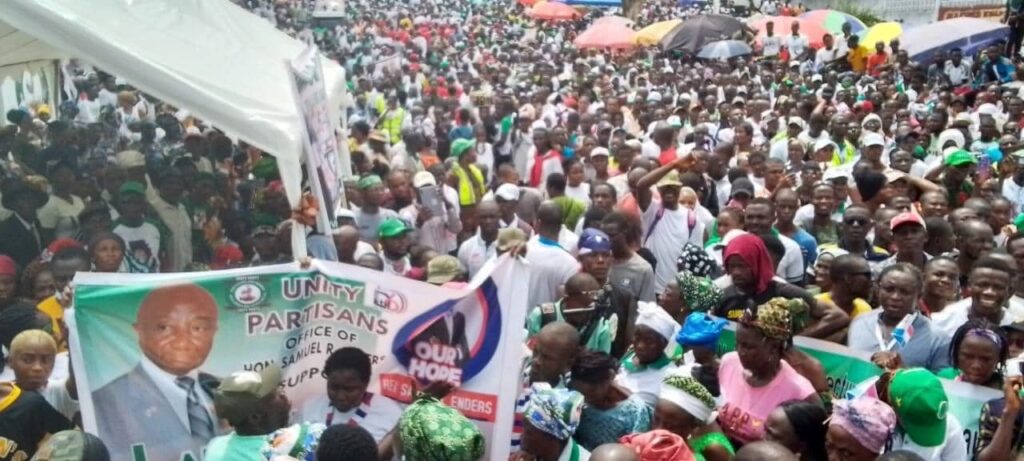
4. Contextual Considerations:
Photographs, when divorced from their context, can paint an incomplete picture. Political support is influenced by a myriad of factors, including historical context, socioeconomic conditions, and individual experiences. By focusing solely on rally photographs, we risk oversimplifying the complex web of motivations that drive political allegiance.
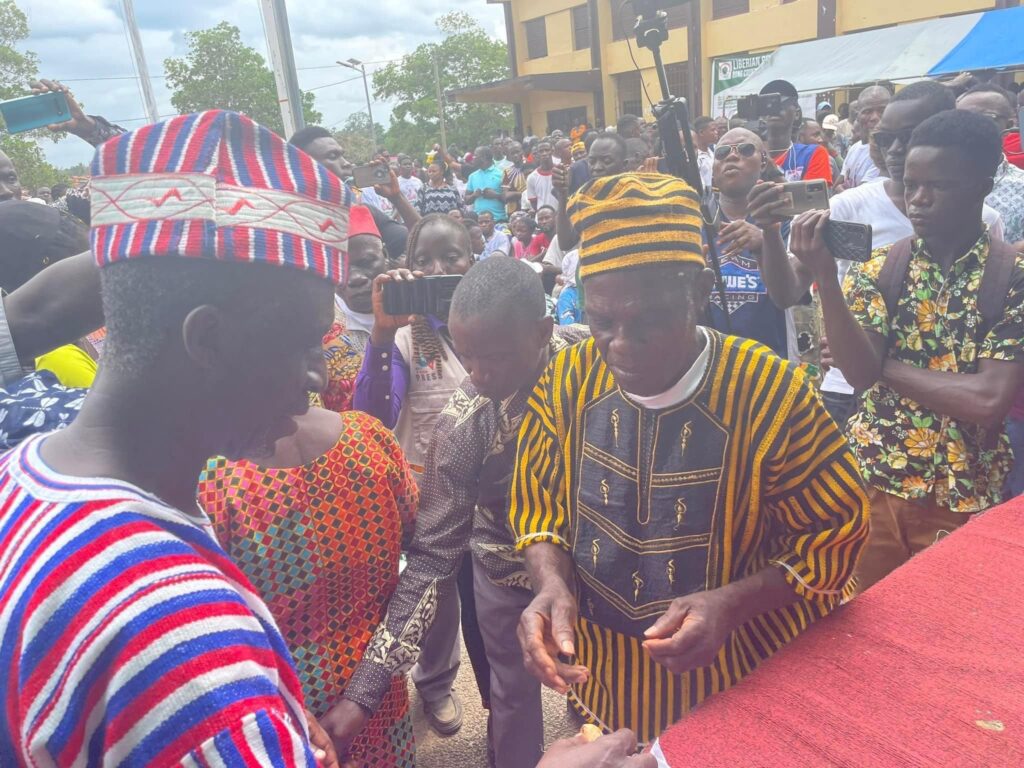
The camera can indeed be a liar. Its subjectivity, selectivity, and inability to encapsulate the silent majority and contextual nuances all contribute to an incomplete portrayal of political dynamics.
George Kronnisanyon Werner served as Liberia’s Minister of Education from 2015 to 2018. As Minister, despite inheriting an education system devastated by years of civil war and the Ebola outbreak, he led bold reforms such as the “Getting to Best” program, which aimed at overhauling the education system to give all Liberian children access to free, quality education. He also launched the Partnership Schools for Liberia (PSL) initiative, now called LEAP, leveraging the experience of local and international education providers to deliver rapid gains in education quality for Liberia’s children. George also led an initiative to remove “ghost” teachers from the Ministry’s payroll, vetting the 18,000-teacher workforce and freeing up $2.4 million per year for reinvestment in the education system.
Following the election of President George Weah in late 2017, George was selected by outgoing President Ellen Johnson Sirleaf to lead the Human Development aspect of her transition team, where he played a pivotal role facilitating the first peaceful transfer of power in Liberia in more than seventy years.
Prior to becoming Minister of Education, George served as Director General and Head of the Civil Service Agency. He holds a master’s from University of Pennsylvania’s School of Social Policy and Practice and a BA from Marist College, now the Catholic University of East Africa in Nairobi, Kenya. George is a member of the Luminos Fund’s Advisory Board.
The views and opinions expressed in this analysis are those of the writer and do not necessarily reflect the views or positions of Live Africa News.

